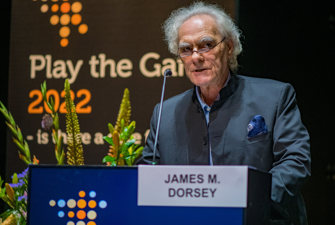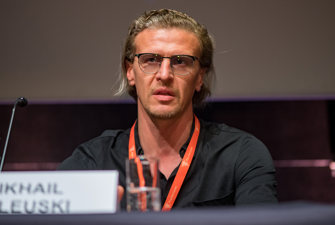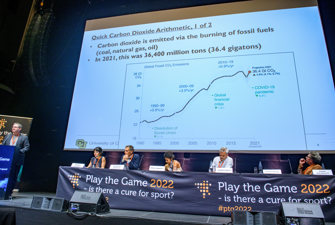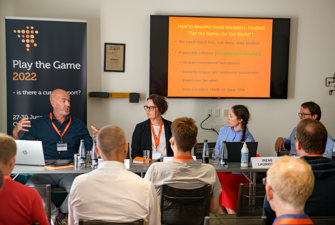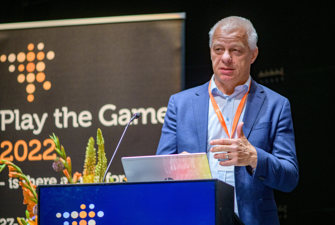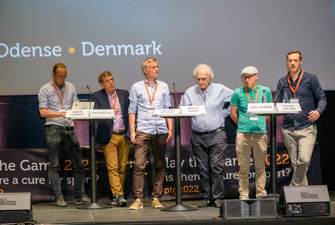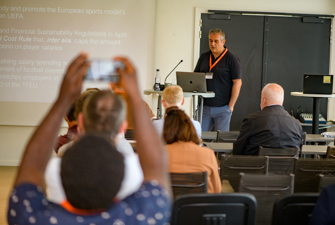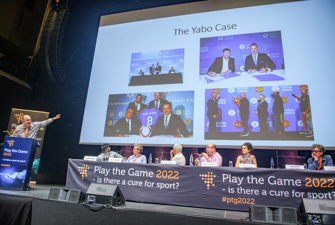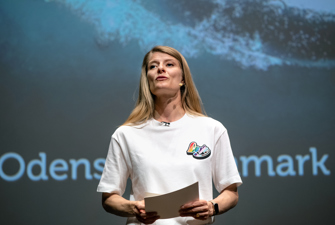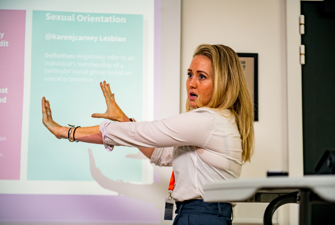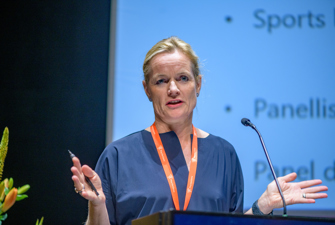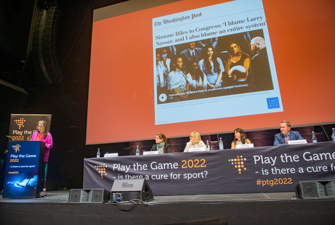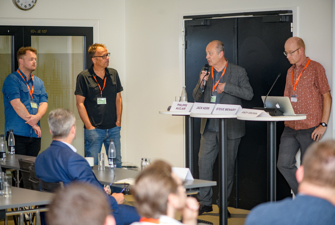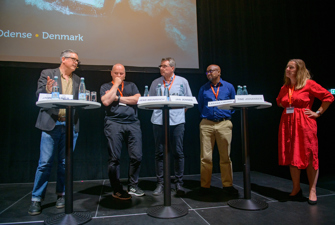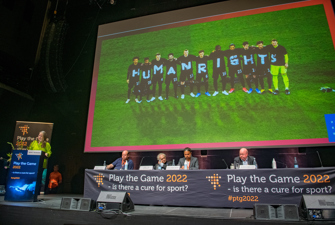Many nations lack the will and resources to implement governance reforms
Experts discussed the state of sports governance across the globe at a session at Play the Game 2022 with insights from Indonesia, Africa, and the US.
Bad sports governance is most common in nations where the general level of corruption is most brazen, a session at Play the Game 2022 was told. Although bad practice is by no means confined to developing nations, many such nations do not have the political will or the resources to implement meaningful reform.
These include Indonesia, home of Ganesport Foundation Executive Chairman Amal Ganesha. Sports governance in his nation, Ganesha said, reflects the fact that Indonesia is in the bottom three of the National Sports Governance Observer (NSGO) index on democracy and accountability.
“Good governance and transparency are not seen as important. Officials are only concerned about winning medals in elite sport, and they are not even successful at that,” he said.
Ganesha pointed out that the prioritisation of elite athletes over grassroots sport and development, is one of the many failings of Indonesian sports organisations. As well as more common deficiencies such as a lack of democracy and transparency, the absence of sports social science programmes in universities is also a factor that inhibits good governance.
His recommendations include the drafting of a new sports governance law, the strengthening of the non-profit sector and the formation of a new anti-corruption body. However, Ganesha said, these proposals have not been given serious consideration.
“There is absolutely no progress on reform in Indonesia,” he said.
FIFA is a toxic organisation for governance in Africa
“All roads lead to Kigali, Rwanda, for the 73rd FIFA Congress” said Samindra Kunto, a Belgium-based freelance journalist.
In March 2023, FIFA President Gianni Infantino will seek a third four-year term as FIFA President, and his re-election relies on the support of national football associations. One of the African football leaders expected to support him is Artur Almeida e Silva, President of Angola’s Football Association and new President of the Council of Southern Africa Football Associations (COSAFA)
According to Kunto, Silva was elected to power despite receiving a two-year suspended prison sentence in 2016 for trying to steal millions of dollars from a local telecom company. After receiving an amnesty, he stood unopposed in the COSAFA election.
The lack of oversight and transparency in African football means that many allegations are very difficult to prove although evidence of mismanagement is clear. Kunto pointed to the “near-total” neglect of women’s football in Angola under Silva’s stewardship, as well as strong suspicions that COVID-19 relief funds have ended up in the pockets of top officials.
“Football governance has not improved in Africa. FIFA remains a very toxic organisation that supports corrupt national officials,” Kunto said.
Sports institutions in Africa are riddled with corruption
“Sports institutions across Africa are riddled with corruption” said Eze Alloysius Amaechi, of the Nigerian non-profit organisation PLAYYA. “The effect is almost imaginable. Funds allocated for grassroots disappear. Public spaces vanish. Sport’s foundations are being destroyed.”
Despite its crippling effects, very few journalists today are investigating corruption in African sport. Perhaps the most famous is Ghana’s Anas Aremeyaw, he said, who has exposed numerous incidents of bribery and corruption. However, the punishments meted out to exposed officials are often very lenient in relation to their crimes. “Often they receive no more than a slap on the wrist,” Amaechi explained.
Poor conditions resulting from a lack of good governance are dissuading African footballers from playing for African clubs. Historically, he pointed out, Nigeria’s best-performing football teams have been full of home-based players. A reliance on mostly Europe-based players could be a reason for the national team’s lack of recent success.
According to Amaechi, greater effort should be made to establish regional offices of organisations such as the Court of Arbitration for Sport (CAS). “It’s hard to get justice in Africa. It costs a lot of money to appeal to a court in Europe," he said.
Global ethics organisations such as Play the Game should also consider holding conferences in Africa, he added.
Testimony from MPG Law Attorney Michael Gibbons demonstrated that poor governance is not confined to developing nations.
Gibbons was member of USA Swimming’s National Governance Committee Task Force, which produced a wide series of restructuring recommendation in 2017. However, after initial adherence, the candidate diversity guidelines agreed by the organisation’s Nominating Committee has been almost fully discarded, he said.
